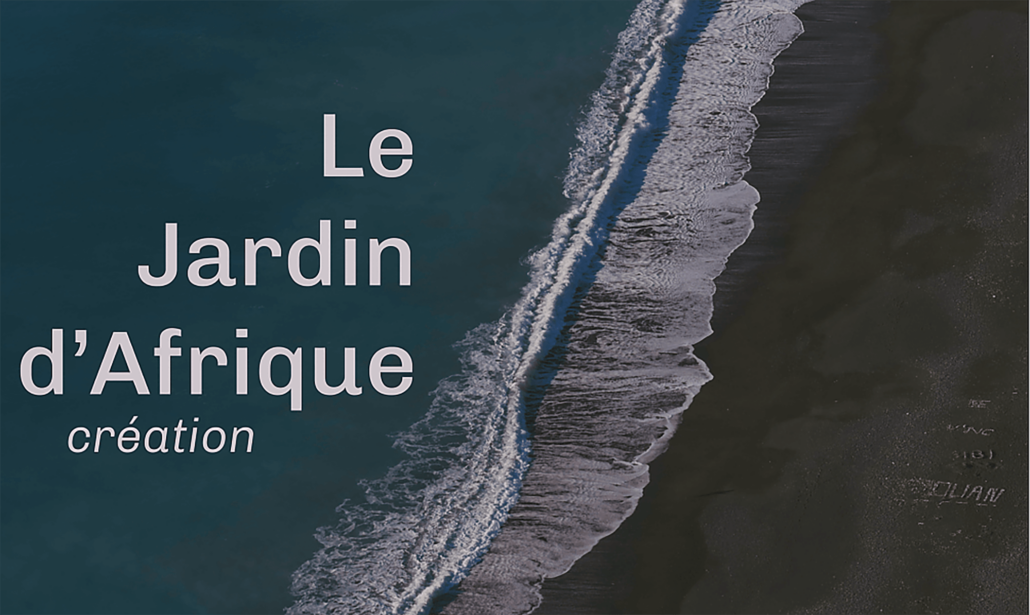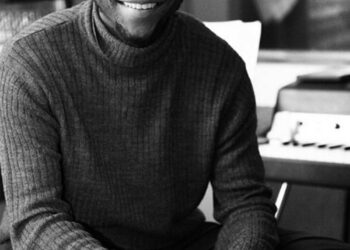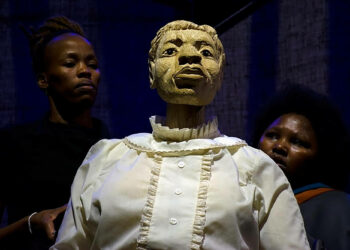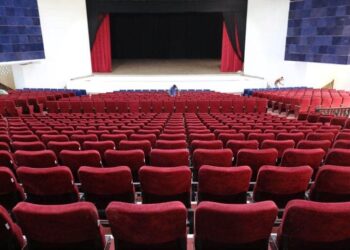Entirely financed and created by the artist Rachid Koraïchi in Zarzis in Tunisia, “Jardin d’Afrique” is a cemetery which gives a burial to sub-Saharan migrants who died during a shipwreck in the Mediterranean.

The Institut de Monde Arabe (IMA) pays homage to this major work through an encounter with Rachid Koraïchi around his eponymous work and a concert, world premiere of an Illuminations commission from composer Benjamin Attahir, conceived as an echo of the “Jardin d’Afrique “.
Presentation of Garden of Africa (ed. Rose Issa Projects) by Rachid Koraïchi
The “Jardin d’Afrique” by the artist, sculptor and urban planner Rachid Koraïchi responds to the need to give a dignified burial to all the migrants who wash up on the beaches of Zarzis, in the south of Tunisia. For years, their bodies had been dumped in the public dump. The artist wanted to create a final home for them like a palace, a work of art, so that this place would become a memorial where loved ones and families could come and pay their respects.
Discussion between Rachid Koraïchi and Rose Issa, curator, writer and editor of the book Jardin d’Afrique, followed by a presentation of the booklet Le Jardin d’Afrique (ed. Al Manar), by Isabelle Junca. Written by Isabelle Junca and Aurélie Alexandre d’Albronn in homage to Rachid Koraïchi, this libretto became that of the lyrical work of the same name composed by Benjamin Attahir.
At the end of the meeting, a signing session with Rachid Koraïchi will be organised.
Concert
A world premiere, ‘Le Jardin d’Afrique’ is an original musical creation in homage to the “shooting stars” of the ecumenical cemetery by international artist and philanthropist Rachid Koraïchi. This place of meditation, located in Zarzis in Tunisia, demonstrates the political force of art that transcends horror and enlightens consciences.
The composer Benjamin Attahir, Sacem Prize 2022, seized by the urgency, responded to the invitation of the Illuminations by composing this work for three cellos and female voice, based on a libretto by Isabelle Junca and Aurélie Allexandre d’Albronn where words echo the voices of living migrants.
“Music is this borderless language, with universal reach, able to make heard this pain which concerns us all and which howls in the void.” – Benjamin Attahir
For more information, please visit IMA.



